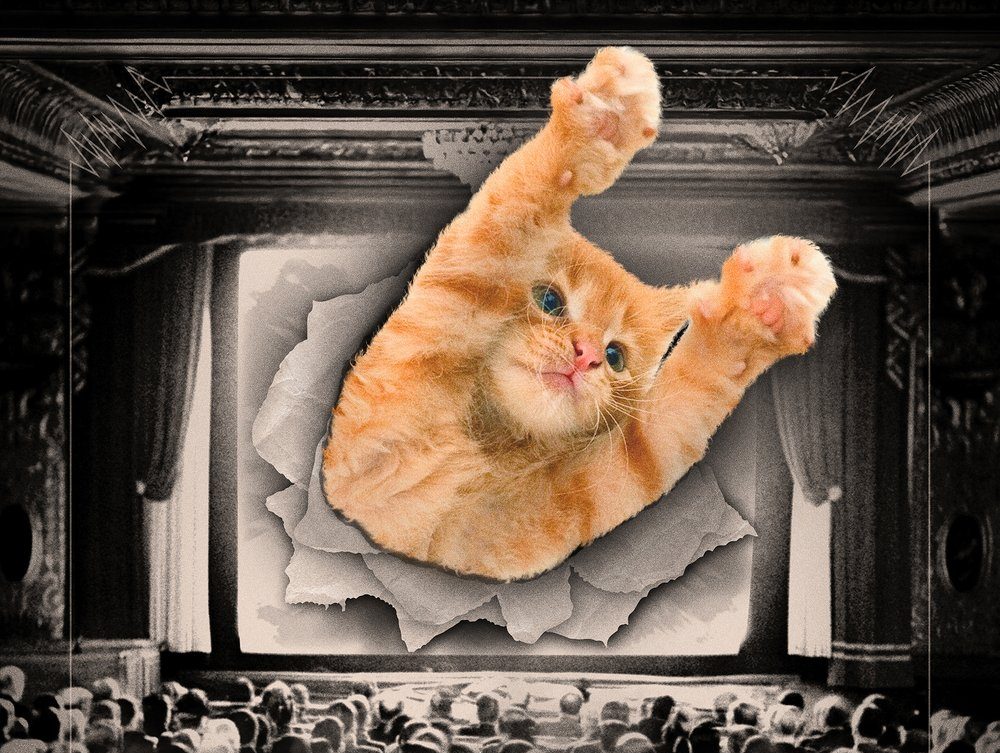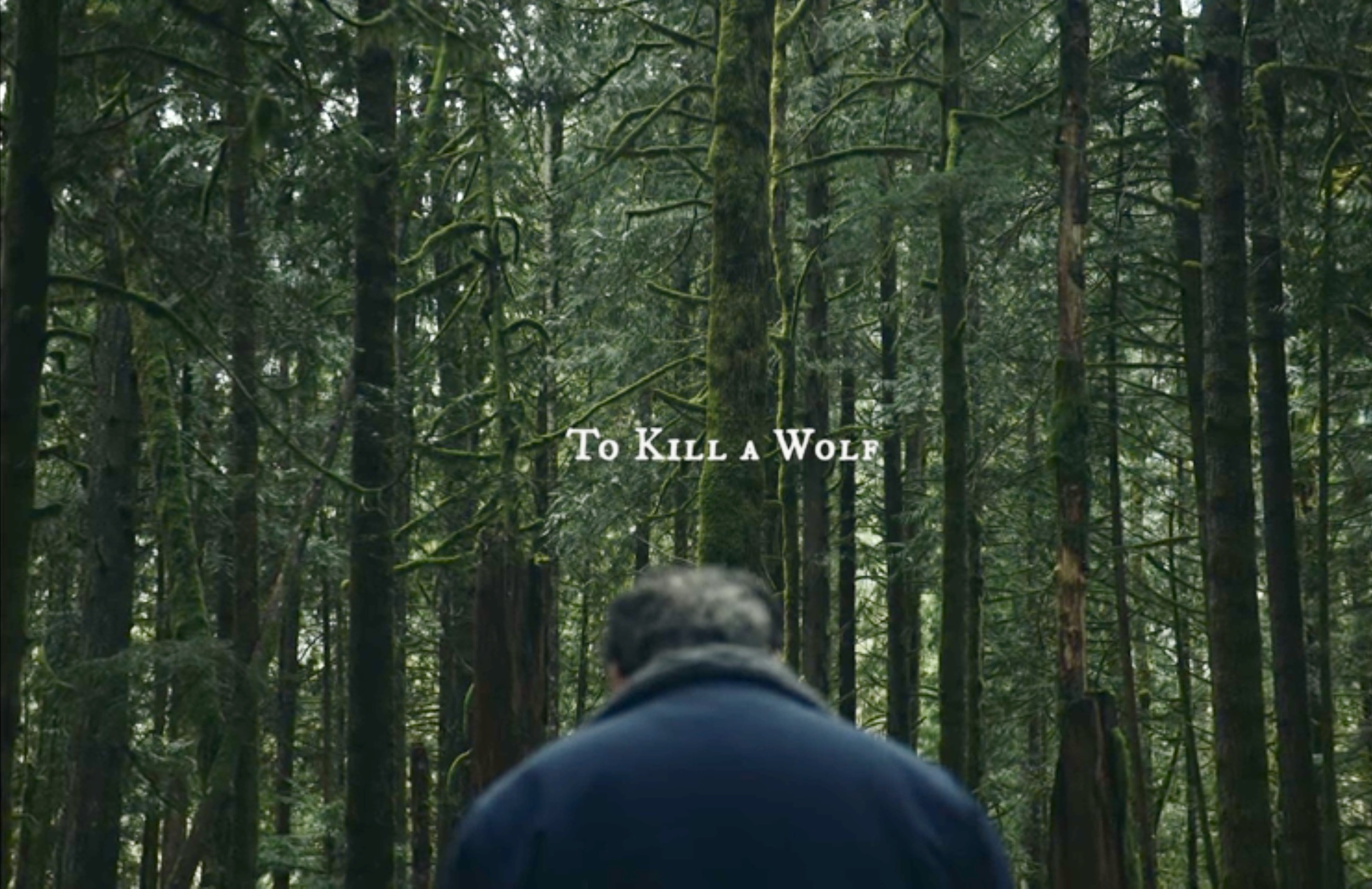This phallic Portland card game wants to change the way people think about nature
Published 4:50 am Tuesday, July 29, 2025

- Christ Berce, left, and Gina Berce Lipor, are the Portland sisters who founded Fascinary Games. (Submitted by Gina Berce Lipor)
It’s educational. It’s empowering. It’s dirty.
A new card game created by a pair of Portland-based sisters is hoping to teach people about the wild world of animal mating practices. And they don’t shy away from getting descriptive.
“Mate: The Party Game for Feral Naturalists” is a new card game for four to eight players created by board game designers Christa Berce and Gina Berce Lipor, who co-founded their company Fascinary Games in 2020.
Trending
And it all started with a picture of a whale threesome.
The two sisters were scrolling through Twitter when they came across a research study that highlighted how female whales lure in their desired male counterparts, sometimes mating with multiple males at a time. The social media post also included a photo of three whales engaged in the act.
“It was captivating,” Berce Lipor said. “Once you start looking at what they’re doing, it just defies every little binary and assumption and whatnot. I was just blown away.”
The photo made its way to the sisters’ text group chat with friends, where it quickly spiraled into a rabbit hole of friends sharing shocking photos of the natural world.
Within 48 hours after the whale photo was found, Berce Lipor began wondering if the topic might make for a fun card game.
How the game works
The game works similarly to other trivia games: Guess the answer to wild questions and collaborate with your team to score.
Trending
Players (who, according to the Fascinary Games website, must be 17 years or older to play) try their hand at a handful of raunchy categories:
Sexual Selection: Which absurd choice is correct?
Mutual Drawer-gasm: Race to sketch hilarious prompts.
Mystery Mate: What creature’s parts are in the photo?
Size Matters: Guess on a wild number query.
Sample questions could include a zoomed-in photo with a question asking, “What type of creature is this mating pair?” or answering a question such as “How many female genitalia does a kangaroo have?” — three, it turns out.
“I think it toes the line and brings education and entertainment and humor together,” Berce Lipor said.
Each card features the question, answer and additional notes with extra shocking facts, rooted in science and peer-reviewed research.
Making a game
Growing up, the Wisconsin-raised sisters had many family game nights. Both with backgrounds in the science and engineering fields, they spent quarantine playing games online together.
Designing the game required years of work. Berce Lipor started by reading several books on animal mating, while her sister dove into research studies, which gave them the “forest and trees perspective” in conjunction with the conceptual views of animal mating across the animal world.
Then came the spreadsheet of prospective questions. Then, a design to make it flexible to play on a couch, sitting at the table or outside on the lawn.
“We tried to make it a fun experience where you don’t feel like it’s like really minimal, but it’s also possible to play wherever basically,” Berce said.
They worked with local game makers Tim Eisner at Weird City Games, Ami Baio at Pink Tiger Games and Jordan Mishra Johnson at Drawn Hungry for institutional knowledge on producing the game, then worked with Portland-based artists to design the cards and other visuals for the game. Illustrator My Truong designed the game’s Victorian book-inspired cover, and Robin Corbo crafted the animal block prints seen throughout the game.
The sisters’ company, Fascinary Games, takes similar phallic inspiration.
The Roman fascinus, a good luck charm used in ancient times, features an erect winged phallus. These “chode charms,” as the duo calls them, were popular during the Roman Empire, showing the strong ties in belief that the phallus is a symbol of power.
Images of the fascinus were often seen placed on babies to protect them.
“These very patriarchal and binary gender roles are being passed down,” Berce Lipor explained.
With that in mind, the Berce sisters hope to flip the script, creating their own fascinus logo: A queenfisher, a female bird known for being more brightly colored than her male counterpart, flying upward with an image of women’s genitalia incorporated into the design.
The design is meant to bust the myth that female birds are all drab, Berce said.
“I love bringing in this narrative that females are fascinating and worthy of scientific study and liberation,” she said.
Berce hopes the game reminds players that females have reproductive agency and are not solely passive and only responsive to a male’s sexual advances. The game also highlights the non-binary relationships that exist in the natural world.
“We hope that, as people are having fun and like laughing with their friends and family, they also take away those concepts,” Berce said. “The natural world is a little bit different than what the main narratives about the natural world would have us think.”
Find more at fascinarygames.com.







